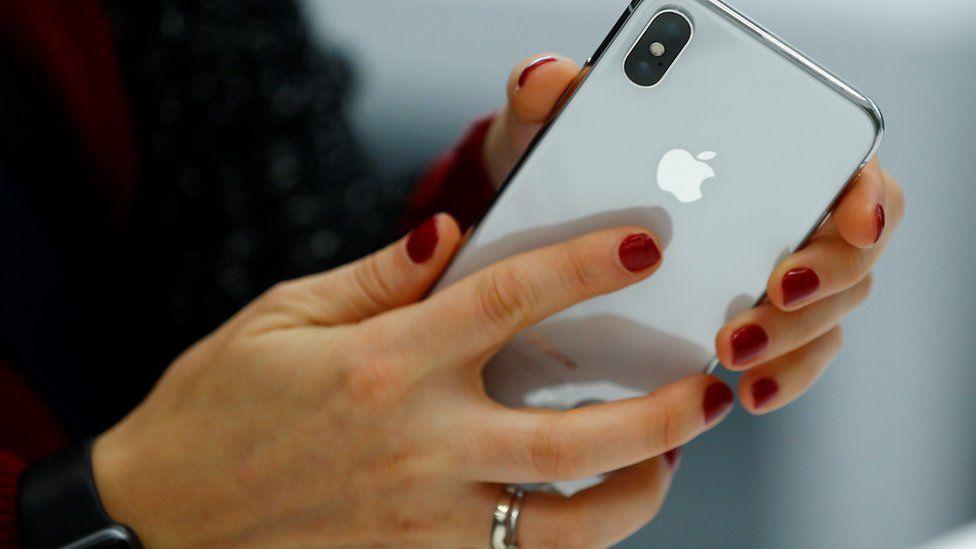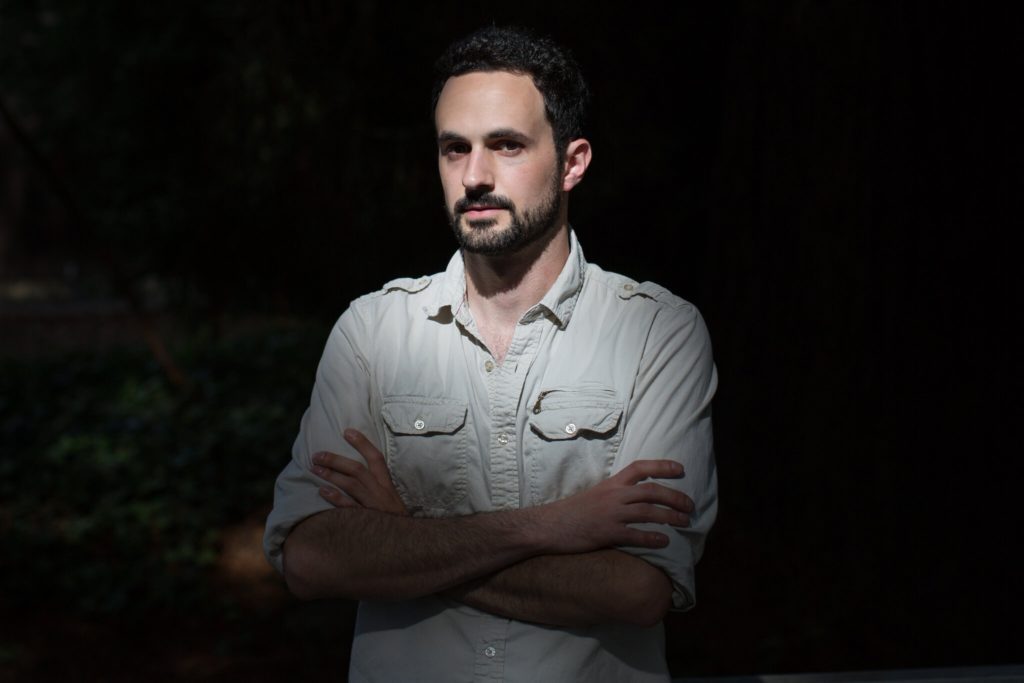
Researchers from Citizens Lab confirmed not infected with Apple products. Just like a click by the Israeli spyware outfit NSO Group.
On the Monday following the security scientists identified a hole. That allows Israel’s highly invasive NSO group spyware to infect anyone’s iPad, iPad, Apple Watch, or Mac computer without so much as a click. Apple released emergency software upgrades for critically exposed vulnerabilities.
Since Tuesday, after researchers at the Citizen Lab, a University of Toronto cybersecurity watchdog organization revealed. The security team of Apple has worked 24 hours a day to find a fix for the Saudi iPhone activist infected by advanced NSO spyware.
The software, Pegasus, employed a new technique for infecting Apple products discreetly without the knowledge of victims. The Holy Grail of monitoring, known as “zero-click remote exploitation,” enables governments, mercenaries, and criminals to discreetly breach the gadget, without rejecting it.
Pegasus can enhance the camera and microphone of a user, record messages, text, email, and call via encrypted message and phone applications like Signal using the zero-click infection method and send them home to NSO clients in governments around this world. Pegasus can also send them to NSO customers.
This spyware can perform anything an iPhone user can do with their smartphones”, a Citizen Lab Senior researcher who has worked with Bill Marczak, a senior researcher at the Citizen Lab.
Since at least March, Over 1,65 billion Apple gadgets worldwide were vulnerable to the infection of NSO. It signals a major step forward in the fight for cyber security weapons where governments may snoop on digital communication. While technology companies, human rights groups, and others are fighting for finding and repairing the current holes in such monitoring.
Only after receiving suspicious text or email links have victims in the past found their hardware compromised, and shared them with journalists or cyber security specialists. However, the NSO’s zero-click capabilities and weakness have not encouraged the victims to have complete access to an individual’s digital life. Such talents can raise millions of dollars on the dark market for hacking tools, where governments are not regulators but clients and one of the most successful investors. Such skills can bring millions of dollars on the black market for hacking tools, where governments are clients rather than regulators and are among the most profitable spenders.
Ivan Kristi, Apple’s head of security engineering and architecture, praised Citizen Lab’s discoveries on Monday and advised customers to install the latest software upgrades to get the remedies, which include iOS 14.8, MacOS 11.6, and WatchOS 7.6.2.
Mr. He explained that “attacks like the ones we have mentioned are incredibly intricate, they cost millions of dollars, they have short-lived, and they used to target certain people.”
Apple has announced that its upcoming iOS 15 software update, expected later this year, would include additional security measures for iMessage, Apple’s testing program.
The NSO did not answer queries quickly on Monday.
NSO has long been a source of contention. According to the corporation, it only sells its spyware to governments that adhere to high human rights criteria, and customers must agree to use it only to monitor terrorists or criminals.
NGO Pegasus surveillance software has, however, spot on the handbooks of activists, dissidents, lawyers, doctors, nutritionists, and even toddlers in nations including Saudi Arabia, the United Arab Emirates, and Mexico during the last six years.
Beginning in 2016, a series of New York Times investigations revealed the presence of NSO spyware on the iPhones of Emirati activists lobbying for expanded voting rights; Mexican nutritionists lobbying for a national soda tax; lawyers investigating the mass disappearance of 43 Mexican students; academics who helped write anti-corruption legislation; journalists in Mexico and England; and an American activist lobbying for expanded voting rights.

In July, Amnesty International, a human rights organization, and Forbidden Stories, a free speech organization, a partnership of media companies have published a list of 50,000 for the “Pegasus Project” phone numbers, including some used by journalists, government leaders, dissidents, and activists, that they claimed had hand-picked.
The consortium did not say how it got the list, and it was unclear whether it was just a wish list or if the persons on it had been targeted by NSO malware.
Azam Ahmed, The Times’s Mexico City bureau chief, who has covered corruption, violence, and surveillance in Latin America extensively, including on NSO; and Ben Hubbard, The Times’s Beirut, Lebanon bureau chief, who has investigated rights abuses and And Saudi Arabia’s corruption and the Saudi Crown Prince Mohammed bin Salman’s recent biography.
It also included 14 heads of state, including French President Emmanuel Macron, South African President Cyril Ramaphosa, Egyptian Prime Minister Mostafa Madbouly, Pakistani Prime Minister Imran Khan, Moroccan Prime Minister Saad-Eddine El Othmani, and European Council President Charles Michel.
Shalev Hulio strongly disputed the precision of the list, a co-founder of NSO Group, who told The New York Times, “This is like picking up the white pages, choosing 50,000 digits, and drawing some conclusion from it.”
This year, there were a record number of so-called zero-days or hidden holes in software, such as NSO’s spyware installation. In Microsoft Exchange, Chinese hackers identified e-mail and malware robbing with zero days this year. Ransomware attackers used the zero-day vulnerability of more than 1000 firms in July to crash networks with Kaseya software.
Spyware was a black box for many years. The sale of spyware is often cover with non-disclosure activities and is slightly integrate if there is any surveillance in the secret systems.
NSO customers have been infected by SMS messaging beforehand to persuade victims to click on links. These links allowed journalists and researchers in groups such as Citizen Lab to examine malware. However, it is much hard for journalists and cyber security researchers to uncover malware with the new zero-click method of NSO.
Mr. Marczak claimed he found that a photo was taken by the Saudi activist who asked for anonymity. Mr. In the beginning, in March, Marczak told the Saudi militant. But it wasn’t until last week that he was able to extract data from the activist’s phone and find digital crumbs that matched those found on other Pegasus targets’ iPhones.

Bill MarczakCredit…Elizabeth The New York Times’ D.Herman 
John Scott-RailtonLoans… Press Associated Kathy Willens
Mr. Marczak said he learned that he had received a photograph from the Saudi activist, who desired anonymity. That image took use of a weakness in Apple’s image processing technology, which was hidden from the user. It allows for a steady download of the Pegasus malware on Apple devices. Without the awareness of the victim, their most essential messages, data, and passwords are deleted from the server in intelligence and police agencies around the world.
According to Citizen Lab, the operation’s size and scope are unknown. Mr. Marczak estimated that the spyware had been siphoning data from Apple devices. For at least six months based on the time of his finding of Pegasus on the Saudi activist’s iPhone and other iPhones in March.
The zero-click attack, termed “Forcedentry” by Citizen Lab, is one of the most complex exploits identified by forensics experts. A similar NSO vulnerability, the Facebook messaging service, was found in 2019, to have been utilized against 1 400 WhatsApp users. Last year, Citizen Lab identified a digital trail indicating that NSO may have a zero-click exploit to read Apple iMessages. But the full exploit never discover.
NSO suspected a zero-click ability for a long time. The Milan-based Hacking Team has hacked in 2015, and the officials of the Hacking Team have scratched out to match the distance by e-mail. The zero-click attack that its customers believed NSO had created. A Times writer discovered NSO marketing brochures for potential new clients that mentioned a remote, zero-click capability the same year.
Never discovered evidence of the ability.
“Today was evidence,” said Mr. Marczak.
Researchers could, for the first time, recover from activist and dissident telephones the entire zero-click exploit. If governments and cybercriminals identified vulnerabilities frequently try to attack them before customers have an opportunity to patch them hence timely patching is vital.

